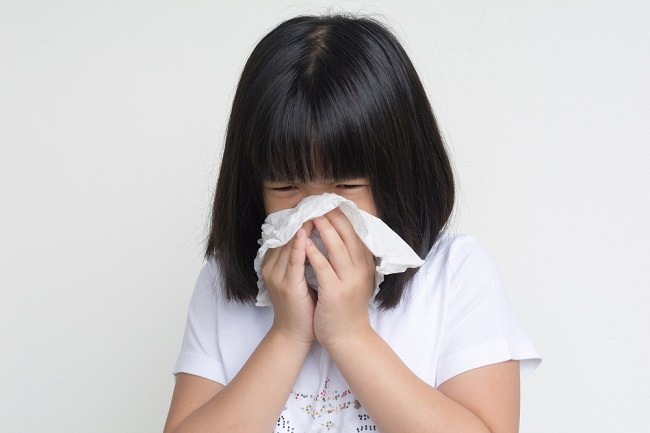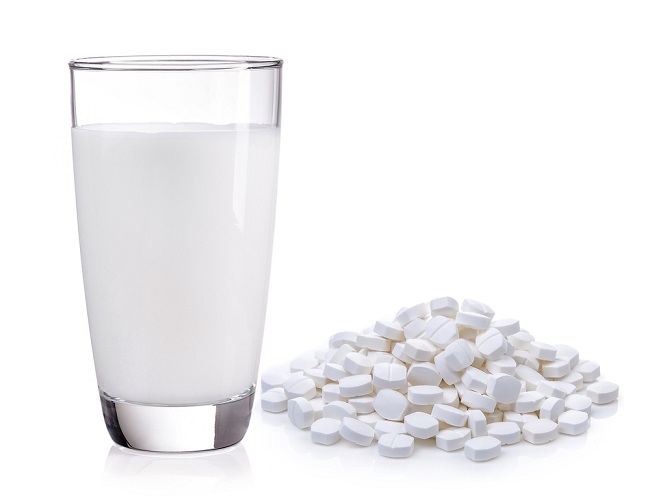In the midst of a tense or stressful situation, the adrenaline hormone will control you to make decisions or do something. Although its role is so important, this hormone can actually be dangerous if the levels are excessive in the body.
The hormone adrenaline or also called epinephrine is produced naturally by the body, specifically the adrenal glands, which are controlled by the pituitary gland in the brain. The release of this hormone will occur when you feel afraid, panicked, stressed, or threatened.

Not only naturally produced by the body, the hormone adrenaline can also be produced in the form of drugs that are usually used for several medical conditions, such as:
- Treats cardiogenic shock and sudden cardiac arrest
- Promotes breathing in asthmatics
- Overcoming anaphylactic reactions or severe allergic reactions
- Treating sepsis
- Extends the duration of action of some anesthetics
However, administration of adrenaline as a treatment must be carried out under the supervision of a doctor so as not to endanger lives.
Effects of Excess Adrenaline in the Body
When the production of the hormone adrenaline increases suddenly, the body will undergo several changes and will cause symptoms, such as:
- Excessive sweating
- Heart beat
- More alert and more focused
- Breathe faster
- Increased blood pressure
Usually the symptoms are temporary and will improve when the trigger has been resolved. However, if not addressed and left untreated, this can trigger health problems that must be treated immediately.
The Link Between Stress and Excess Adrenaline
Stress is a condition that can increase the production of adrenaline in the body. The release of these hormones can affect the immune system and the part of the brain that controls mood, fear, motivation, and even the sleep cycle.
Increased production of the hormone adrenaline due to short-term stress will encourage a person to make decisions, do something, to solve the problems at hand.
This increase in hormones does not have a bad impact on health and will return to normal after the stress trigger is resolved.
However, when adrenaline production continues to increase due to protracted stress, the body is susceptible to various health problems, such as headaches, digestive system disorders, weight gain, insomnia, decreased memory and concentration, anxiety, and depression.
Given the impact of prolonged stress on health, it is recommended that you manage stress by trying to implement the following:
- Discuss the problems faced with family members or friends
- Exercise regularly
- Practice relaxation techniques, such as breathing exercises and meditation
- Eat a balanced nutritious diet
- Limiting consumption of alcoholic and caffeinated beverages
- Avoid using mobile devices at least an hour before going to bed
- Enough rest time
- Make time to do things that interest you or do hobbies
Under certain conditions, adrenaline is needed by the body to defend itself. However, if excessive, adrenaline can also cause health problems. Therefore, it is important to always maintain a balance of adrenaline in the body.
If you have difficulty managing stress that can trigger an increase in adrenaline or even this condition has interfered with your daily activities, don't hesitate to consult a psychiatrist so that the appropriate examination and treatment can be carried out.









